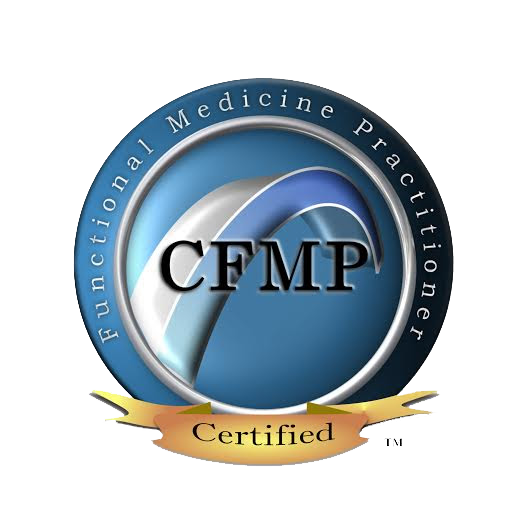 I just learned about a new book that contains the secret to a long life called The Longevity Project. It’s about a study that began in 1926 and tracked 1500 Americans from childhood to their death. Over the years, researchers documented the things that seemed to help some of the people live longer, and what lead to shorter lives. I have not read the book itself, but the articles on it are very interesting.
I just learned about a new book that contains the secret to a long life called The Longevity Project. It’s about a study that began in 1926 and tracked 1500 Americans from childhood to their death. Over the years, researchers documented the things that seemed to help some of the people live longer, and what lead to shorter lives. I have not read the book itself, but the articles on it are very interesting.
For example, when it came to exercise, Friedman and Martin found that people who pushed themselves too hard with exercise can do more harm than good. Exercise is important, they found, but it’s more about doing what you love than adhering to a certain fitness program.
Surprisingly, cheerful and optimistic children are actually less likely to live long lives. The reason is that later in life these kids grow up to be adults who, by virtue of expecting good things to happen and feeling like nothing bad ever could, they predisposed themselves to be heavier drinkers, they tended to be smokers, and their hobbies were riskier.
Risk aversion is not the only factor. Conscientious people developed better social relationships and accomplished more at work. People who were the most responsible at work tended to get the most exciting opportunities in life.
Good Stress Vs. Bad Stress
Stress was another thing that was surprising. Not all stress was bad in the study. People who had stressful jobs but found meaning in them thrived because of the purpose they found in their work.
In this study, they found that men who were married most of their lives lived well into their 70s. Divorced and single men did not live as long because they picked up bad behaviors that cut short their lives. Married women lived slightly longer than divorced women who remarried. But the women who divorced or were widowed and never remarried lived the longest.
I like this kind of research. I like to say, “Live and Learn”. Living and learning is not the best philosophy though. It is even better to learn from other people’s mistakes and successes. This book is unique, it’s not often we can look at the lives of 1500 people and come away with the things that can help us.
What do you think?




